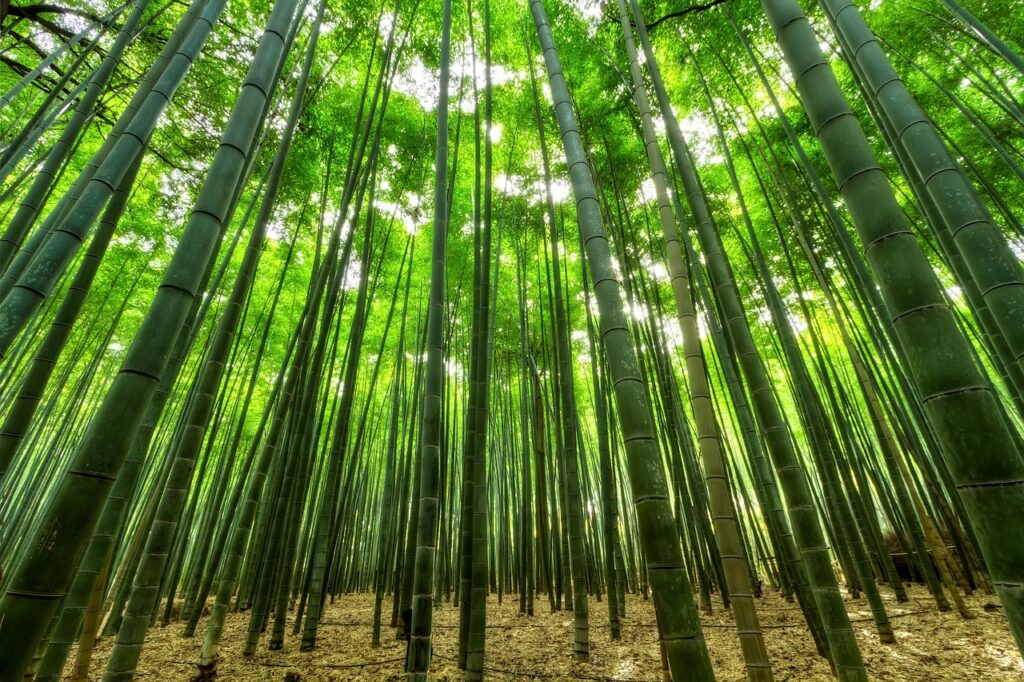
Brazil has extended an offer to share its ethanol production technology with India as part of their efforts to resolve a sugar-related dispute at the World Trade Organization (WTO). The proposal states that India could benefit from this technology, allowing it to utilize surplus sugar for ethanol production, potentially easing competition in the global sugar market. Brazil, as the world’s largest producer of sugarcane and ethanol, has extensive expertise in ethanol production technology. Furthermore, Brazil is the world’s largest sugar exporter, while India holds the position of the second-largest sugar producer.
This proposal is especially valuable to India as it seeks to increase the percentage of ethanol blending in petroleum-based auto fuels gradually. Such an increase will help reduce India’s dependence on imported crude oil and contribute to the country’s fuel security. Ethanol, produced from sugarcane, rice, and other agricultural products, is used in blending with oil to power vehicles, offering both environmental and economic benefits. India, being the world’s third-largest oil consumer and an oil-importing nation, currently meets 85% of its oil needs through imports.
India’s goal is to achieve 20% ethanol blending with petrol by 2025, making this technology-sharing proposal particularly relevant. In 2019, Brazil, Australia, and Guatemala brought a dispute against India in the WTO, arguing that India’s support measures for sugarcane farmers, such as the Fair and Remunerative Price (FRP), were inconsistent with global trade rules.
The WTO dispute settlement panel ruled on December 14, 2021, that India’s support measures for the sugar sector indeed conflicted with global trade norms. India subsequently appealed against this decision at the WTO’s appellate body in January 2022. However, the appellate body has not been operational due to disagreements among member countries regarding the appointment of its members.
It’s important to note that the United States has been blocking the appointment of appellate body members. India and Brazil have experienced an increase in bilateral trade, with their trade volume reaching USD 16.6 billion in 2022-23 compared to USD 12.2 billion in 2021-22. The trade balance currently favors India.
Brazil’s significant achievements in ethanol-blended gasoline include achieving 25% blending levels. Flex-fuel vehicles, capable of running on either gasoline or ethanol, have gained substantial popularity in Brazil, accounting for over 80% of new light vehicle sales in 2022. The proposal holds the potential to enhance India’s position in ethanol production and help resolve the ongoing WTO dispute.


